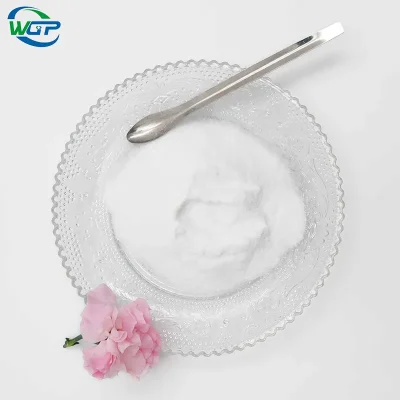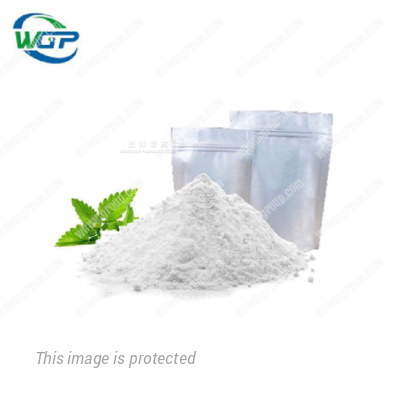Prilocaine
CAS:721-50-6
MF: C13H20N2O
An amino acid amide in which N-propyl-DL-alanine and 2-methylaniline have combined to form the amide bond; used as a local anaesthetic.Prilocaine is less toxic than lidocaine, with a high clearance, attributable to metabolism in the lungs, kidneys and liver.
- Description
- Our Policy
- Additional information
Description
Prilocaine CAS 721-50-6 Product Information
| Product Name: | Prilocaine |
| Synonyms: | 2-(Propylamino)-o-propionotoluidide; (±)-N-(2-Propylaminopropionyl)-2-toluidine; (±)-Prilocaine; 2-Methyl-α-propylaminopropionanilide; Astra 1512; Astra 1515; Citanest; DL-(±)-Prilocaine; N-(2,6-Dimethylphenyl)-2-(propylamino)propanamide; NSC 40027; Prilocaine; Propitocaine; o-Methyl-2-propylaminopropionanilide |
| CAS NO: | 721-50-6 |
| Molecular Weight: | 220.31 |
| Molecular Formula: | C13H20N2O |
| Boiling Point: | bp0.1 159-162° |
| Melting point: | 37-38° |
| Density: | 1.0117 (rough estimate) |
| Solubility: | Slightly soluble in water, very soluble in acetone and in ethanol (96 per cent). |
| storage temp: | 2-8°C |
prilocaine uses
Prilocaine is a local anesthetic that is commonly used for its numbing effects to provide temporary pain relief during various medical procedures. Some of the common uses of prilocaine include:
- Dental Procedures: Prilocaine is frequently used in dentistry to numb the gums and oral tissues before procedures such as dental fillings, root canals, tooth extractions, or gum surgeries.
- Minor Surgical Procedures: Prilocaine can be used as a local anesthetic for minor surgical procedures, such as skin biopsies, suturing of wounds, or removal of small skin lesions.
- Epidural Anesthesia: Prilocaine, often combined with other medications, can be used as a local anesthetic for epidural anesthesia during childbirth or other surgical procedures involving the lower abdomen, pelvis, or lower extremities.
- Nerve Blocks: Prilocaine can be administered as a nerve block to provide localized anesthesia for specific nerves or nerve clusters. Nerve blocks are commonly used in procedures such as regional anesthesia for limb surgery or for targeted pain relief in conditions like chronic pain or neuralgia.
It’s important to note that the specific use of prilocaine and the dosage may vary depending on the procedure, the patient’s medical condition, and the healthcare provider’s discretion. The administration of prilocaine should always be done by a trained medical professional in a controlled and monitored setting.
prilocaine spinal dose/prilocaine dosage
infiltration anesthesia: 0.5% to 1% solution with the duration of action of 1 to 1.5 hours.
Nerve blocking anesthesia: use 1% to 2% solution with the duration of action being 2-3 hours.
Epidural anesthesia: use10 to 30 mL of 1.5%~1% solution with the duration of action of 2.5 to 3.5 hours. Use a maximum dose of 600 mg.
prilocaine side effects
- Blurred vision.
- burning, crawling, itching, numbness, prickling, “pins and needles”, or tingling feelings in the lips or mouth.
- chest pain or discomfort.
- cold, clammy, pale skin.
- continuing ringing or buzzing or other unexplained noise in the ears.
- difficulty swallowing.
- discouragement.
prilocaine vs novocaine
Technically, the words “procaine” and “novocaine” are synonymous and may be used interchangeably. “Novocain” is a trade name for the generic drug procaine.
prilocaine dental
Prilocaine injection is used to numb the mouth before a dental procedure. This medicine is to be given by or under the direct supervision of your dentist.
| Transit time | You will normally receive your parcel within 7-15 working days after shipment (this may be delayed in special circumstances, such as Chinese New Year). |
| Receiving method | Generally we will send the goods by courier or special line, of course, if the goods themselves in the local warehouse have goods, also support self-pickup, depending on the circumstances. |
| Overseas warehouse | We have overseas warehouses in some European countries and Australia, such as Germany, Russia and Australia. |
| Delivery Method | WGP will ship via courier companies such as DHL, FedEx, UPS, TNT or EMS. |
| About After Sales | Within 7 days of your receipt of the goods if you find any problems with the goods (broken packaging, less hair, etc.) please feel free to contact our sales, we will help you deal with it in time. |
Additional information
| Color | White |
|---|---|
| Form | Powder |












Reviews
There are no reviews yet.